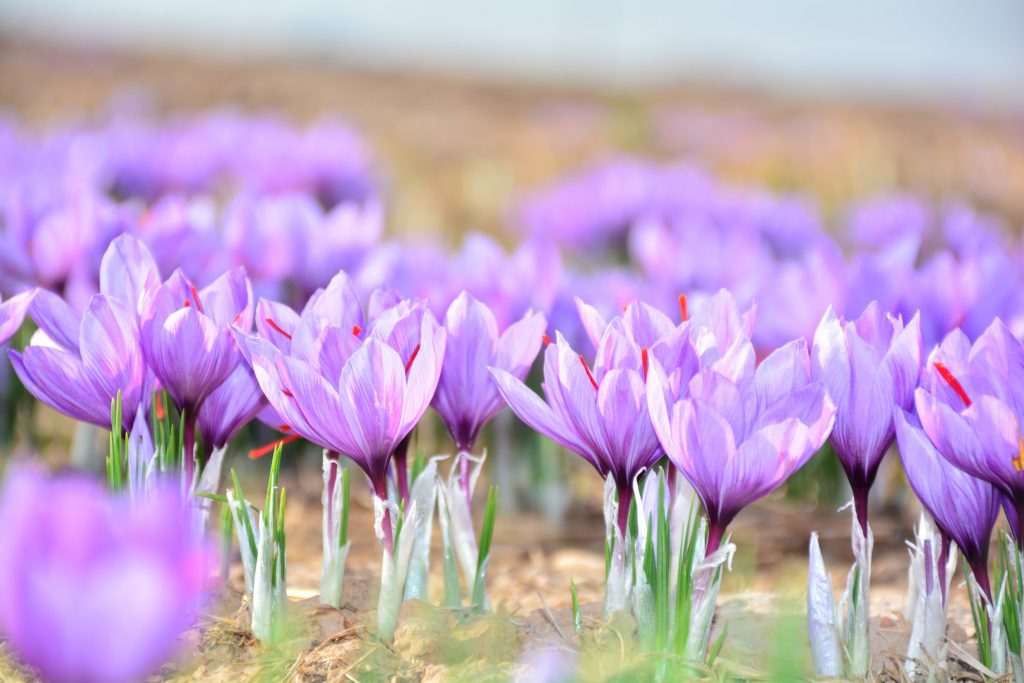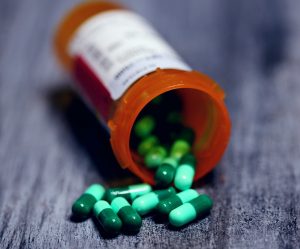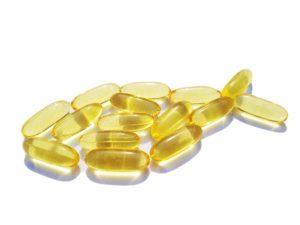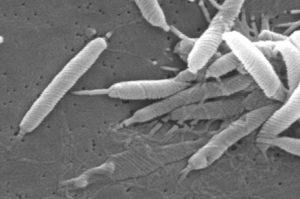Recognizing and Treating Sexual Side Effects from Antidepressant Medications

One of the more common, yet less-discussed side effects of antidepressant medications are their effects on sexual function. Considering the devastating impact sexual dysfunction can have on mood, sexual side effects should always be readily disclosed at the start of antidepressant treatment. Unfortunately, side effects are often not covered adequately and dismissed. And patients are often embarrassed to discuss sexual problems once they have occurred.
Overall, research suggests that between 35-70% of adults experience sexual dysfunction on antidepressant medication (Fooladi 2012). A recent meta-analysis on men taking antidepressants found large increases in sexual dysfunction. Antidepressant medication increased the risk of low libido (decreased sexual desire) by 1.89 times, erectile dysfunction by 2.28 times and ejaculatory dysfunction by 7.31 times (Trinchieri 2021):
Considering that women are twice as likely to develop depression, the issue of medication-induced sexual dysfunction should not be overlooked for them as well. One study exploring sexual side effects for both men and women on antidepressant medication raised serious concerns. They found that 95.6% of women had sexual dysfunction while taking antidepressant medication. While the study is a bit of an outlier with such a high percentage, it makes it clear that sexual side effects are quite common. As compareed to men, more women had problems with sexual arousal, with 83.3% describing dysfunction (Clayton 2006).
Sexual dysfunction can easily add to depression and poor mood. Fortunately, there are a number of integrative treatment options that have shown potential benefits in clinical trials, including:
- Maca
- Pine-bark extract
- Saffron
- Tribulus
Maca and Antidepressant-Induced Sexual Dysfunction
Maca is a South American herb often touted for improving stamina and energy. The herb has a long history of use and comes from the same plant family as broccoli. An early study in postmenopausal women found that maca root improved levels of anxiety and depression while reducing sexual dysfunction (Brooks 2008). A small separate study also found improvements in antidepressant-induced sexual dysfunction. The study explored two dose levels, with only the higher dose having significant effects (Dording 2008).
A study in men found a small but significant benefit with maca for antidepressant-induced sexual dysfunction (Zenico 2009). Erectile function scores improved while subjective assessments of overall well being increased.
Pine-Bark Extract and Antidepressant-Induced Sexual Dysfunction
Pine-bark extract has a growing body of research literature suggesting significant health benefits for a number of different conditions. Pine bark is high in compounds called polyphenols that have strong antioxidant effects. One of the most common forms of pine-bark extract is called pycnogenol, a trademarked product derived from French maritime pine trees.
The data on pine bark extract remains fairly thin. However, a placebo-controlled study on pycnogenol in patients suffering from antidepressant-induced sexual dysfunction did find benefits. Over the course of the study, sexual function improved by 20% (Smetanka 2019). The authors hypothesize that benefits likely stem from improved blood flow to the genitals with pine-bark extract supplementation.
Saffron and Antidepressant-Induced Sexual Dysfunction

As a spice, saffron has been revered for thousands of years, fetching a higher price per ounce than gold. The spice is challenging to harvest, contributing significantly to its cost.
Recently, the medicinal properties of saffron have been explored with notable benefits for depression and anxiety. Two recent trials used saffron to treat fluoxetine-induced sexual dysfunction in men and women and both suggest benefits. For reference, fluoxetine is the generic form of Prozac.
The first trial in men showed encouraging results. While the study was small, fully 60% of men normalized erectile function with saffron as compared to 7% on placebo (Moddabernia 2012). However, when considering all categories of sexual response, improvements were more modest at 17%. For women there was also modest, but significant effects. Saffron was shown to improve overall sexual function by approximately 18% over the course of four weeks (Kashani 2013).
Tribulus for Antidepressant-Induced Sexual Dysfunction
The herb tribulus is often considered a noxious weed due to having seeds with a sharp spine that can easily penetrate the skin. As of yet, the herb has minimal research on its effects for antidepressant-induced sexual dysfunction. However, fairly robust evidence suggests improvements in sexual function in general for both men and women.
In a meta-analysis of published studies, tribulus was found to improve overall sexual function, arousal, desire and orgasm in women (Sha’ari 2021). Like most other natural agents, benefits were mostly modest, but still significant.
For men, a recent systematic review of the research also concluded the herb has benefits for sexual function. Over 12 studies on tribulus were reviewed and the herb received an “A” grade suggesting strong evidence of benefits (Kuchakulla 2021). While not studied for medication-induced sexual dysfunction directly, the strong evidence suggesting general improvements in sexual function shouldn’t be overlooked.
Conclusions
Antidepressant-induced sexual dysfunction is a common and highly problematic side effect of antidepressant medication. Fortunately, several natural treatment approaches appear to have at least modest benefits for reducing symptoms. Herbal treatments including maca, saffron, pine-bark extract and tribulus may help to improve sexual function and reduce medication side effects. Considering the mood-lowering effects of sexual dysfunction, it’s worth considering natural approaches for treatment.



